The Fundación Federico García Lorca, owner of the largest archive of original materials of García Lorca, was until June 2018 involved for years in a polemical and politicized move from its location in Madrid to the new Lorca Center in Granada. The stakes had little to do with the contents of the archive itself and everything to do with Lorca’s assassination by fascists in Granada at the onset of the Spanish Civil War, with the censoring of his work during the ensuing dictatorship that lasted until 1975, and with contemporary memory politics that have favored normalization over a meaningful engagement with the country’s grievous past. Indeed, though the move figured prominently in media and political discourse in Spain, most voices in these debates studiously avoided the archive’s long history: its very making and somewhat miraculous survival over decades of repression and exile; the pain it mediates; and the tremendous effort of Lorca’s family, who, with the help of friends, scholars, and archivists has salvaged, gathered, safeguarded, and made available an ever-growing body of materials that lies at the heart of contemporary understandings of Lorca. An on-going construction begun in 1936 that has evolved from personal, to family, to private institutional, and, soon, to public collection, this archive embodies Spain’s past of war, repression, exile, and transitional politics, as well as present day attempts to evade the ghosts of that legacy.
Professor Dinverno Co-Curates Major Museum Exhibit on García Lorca
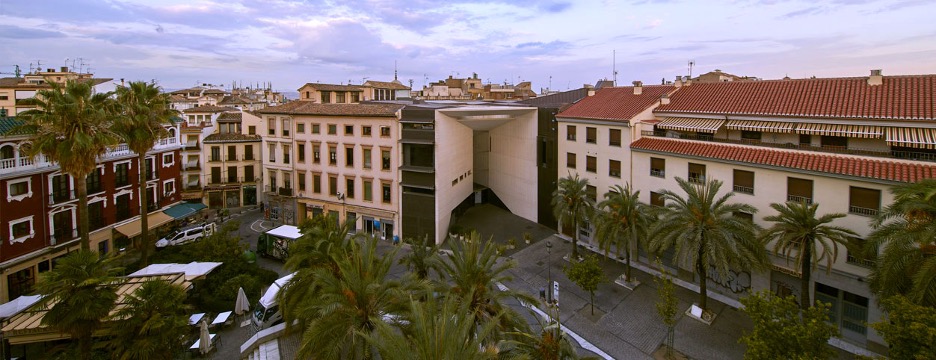
From Exile to the Center: The Archive of Federico García Lorca is a major museum exhibit and multi-disciplinary humanities project that Associate Professor Melissa Dinverno is coordinating and co-curating with two distinguished Lorca scholars and internationally recognized specialists in his archive: Andrew A. Anderson (U of Virginia) and Christopher Maurer (Boston U). Based on new research, this bilingual exhibit will open at the Centro Lorca in January 2023 and will tell for the first time the story of the archive’s construction since its inception, using its own materials as well as those from other collections to activate and sew together stories of salvage, discovery, acquisition, loss, and perseverance. From Exile to the Center aims to both break scholarly ground and contribute to a new public understanding of this archive and its place in collective memory processes in Spain.
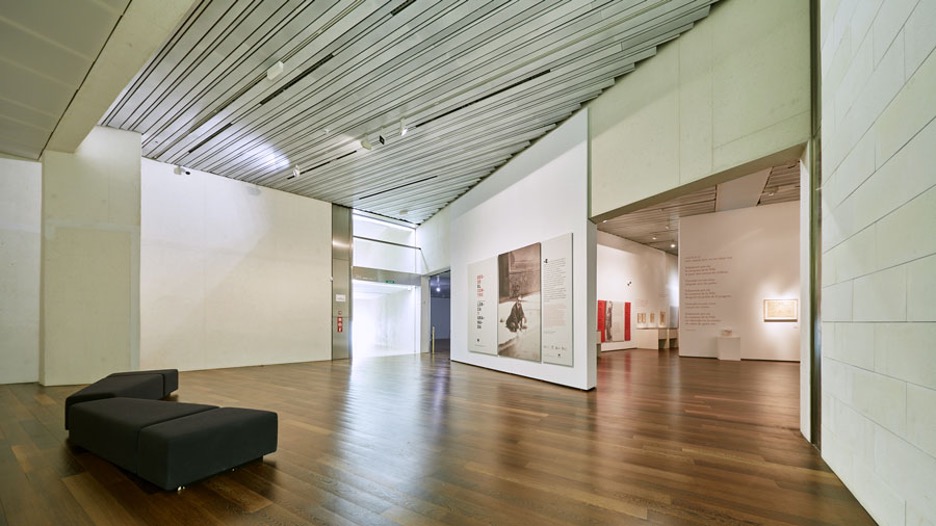
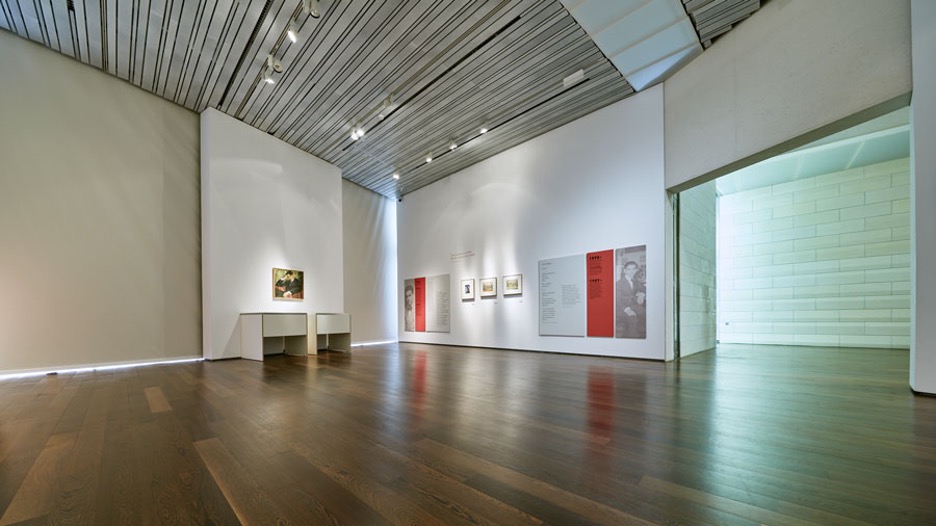
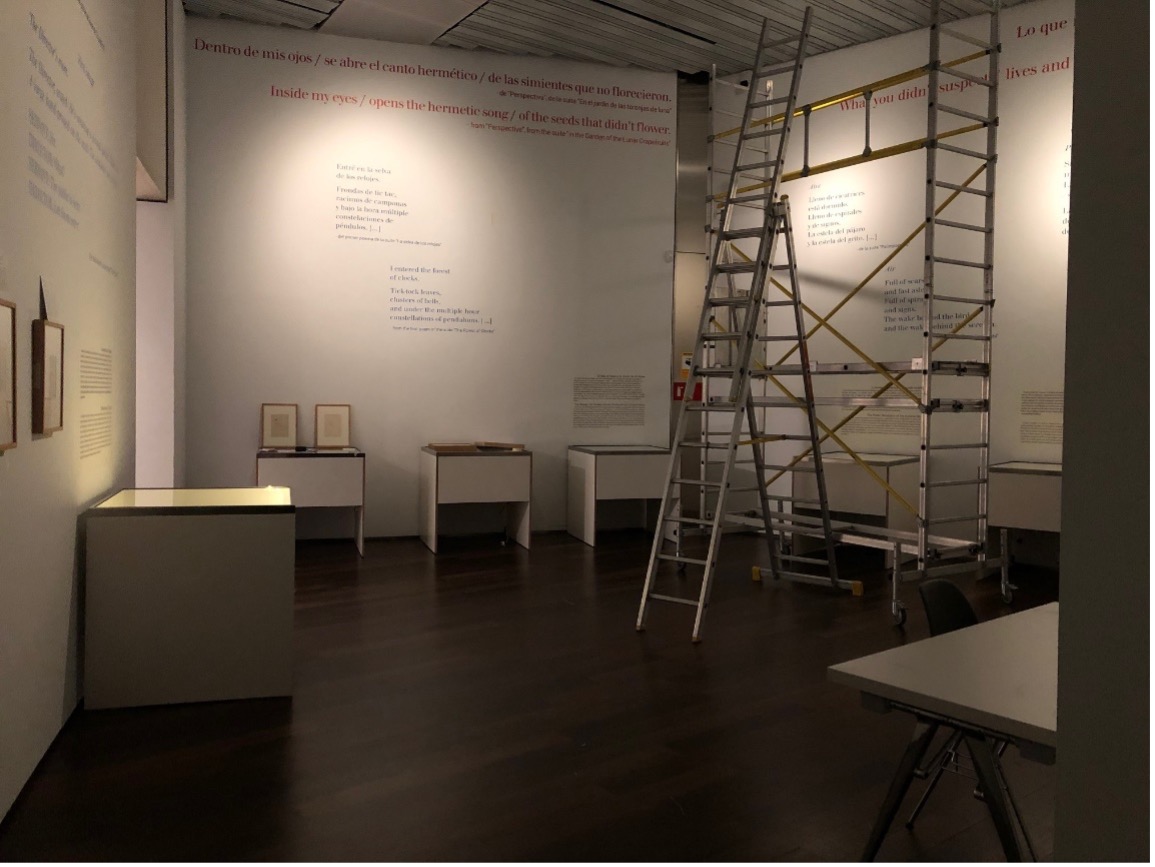
Each of the exhibit’s five chapters is anchored in the manuscripts of a famous group of works, all of which activate other materials and stories in the exhibit, while the archive’s life is grounded in the complex political and cultural context of each moment. Documents both official (dictatorial censorship, for example) and intimate (unpublished family correspondence, photographs, personal objects, memoirs, drawings, musical recordings, filmed testimonies) capture moments in the precarious life of the archive on both sides of the Atlantic, its losses and its remarkable survival. Many materials will be made public for the first time, and the exhibit will include interactive digital and analogue elements that invite active participation.

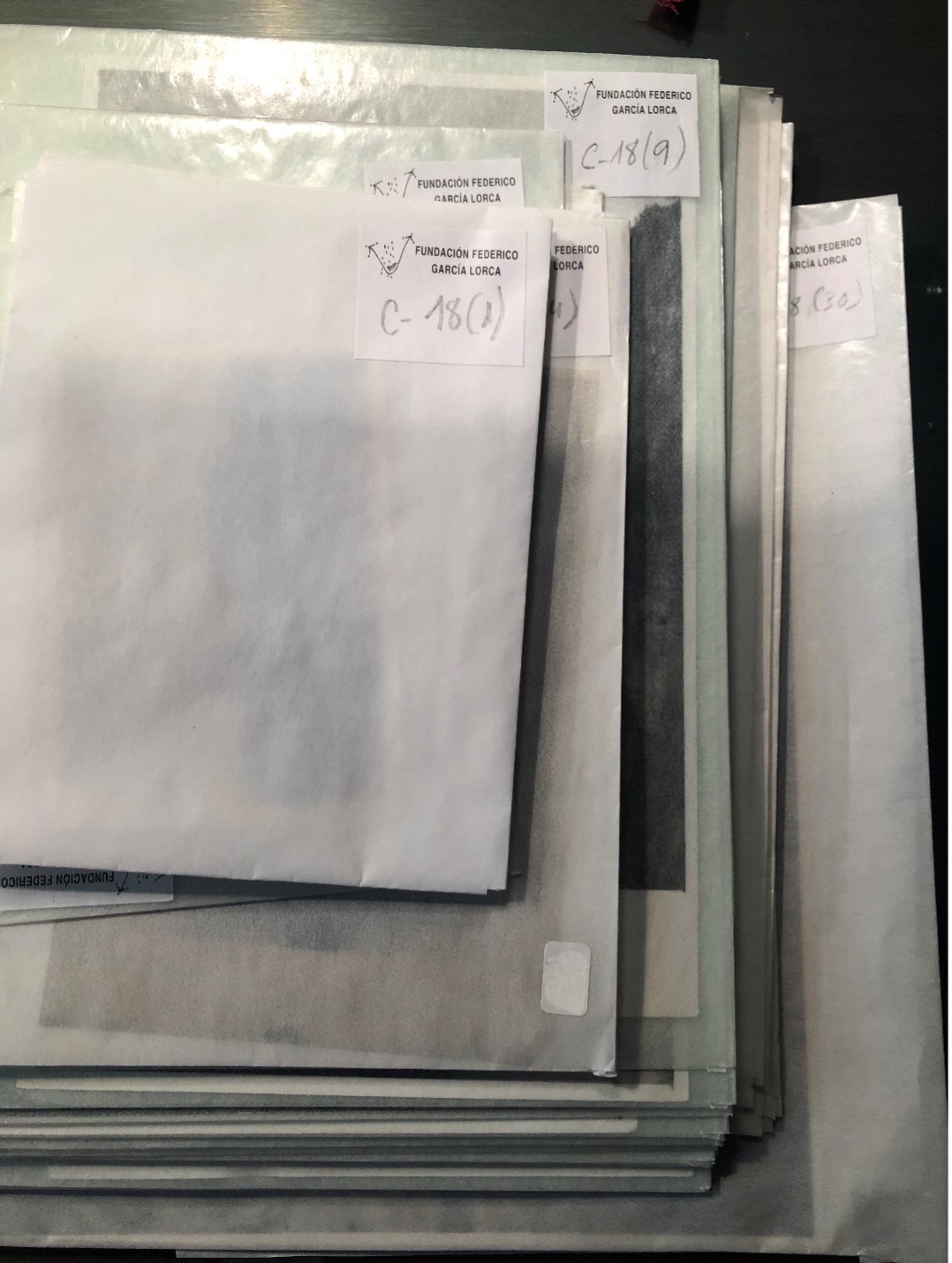
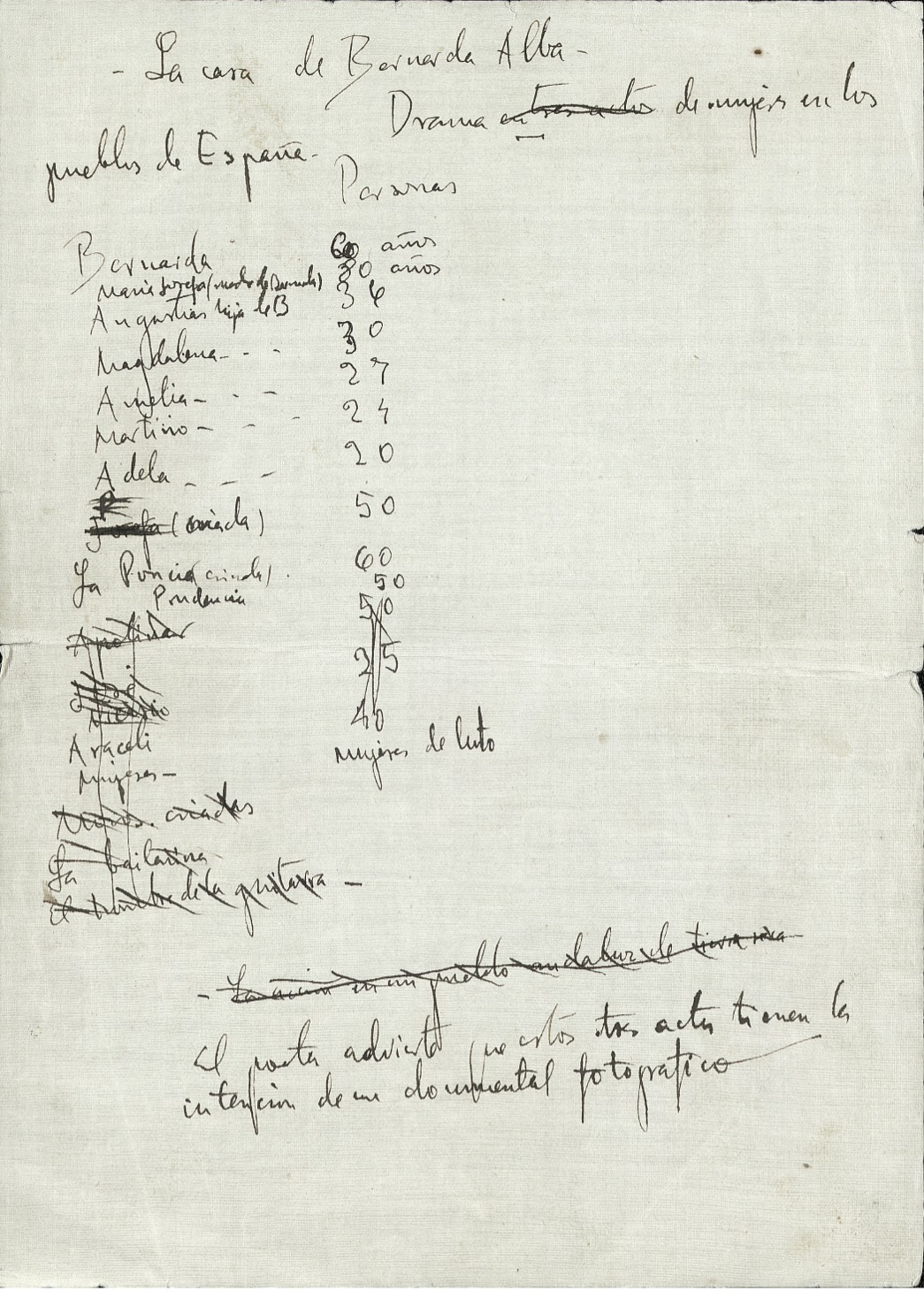
While the exhibit will show the richness of this archive’s holdings and trace the arduous process by which they have been made available to the public, it will also highlight the interconnectivity of archives, particularly in contexts of war and diaspora. From Exile to the Center will pose questions about archival presence and absence, the dynamic and affective nature of archives, the importance of family materials for collective memory, the relationship between archive and place, and the ethical questions and affective reality underlying archival labor.
The project will result in a multi-disciplinary set of outcomes that together attempt to reach a wide international audience and catalyze future research paths: a (free) major museum exhibit presenting this new research; a print catalogue with scholarly essays, a chronology of the archive’s history, a state-of-the-art bibliography, and images with explanatory texts including and expanding upon the materials exhibited; an interactive digital humanities project providing a transnational dynamic mapping of private and public archives holding Lorca-related materials and their stories; a scholarly symposium; and a free virtual online exhibit tour. This project is generously supported in part by the following entities at Indiana University: the College Arts and Humanities Institute, IU Presidential Arts and Humanities Program, the Institute for European Studies, the Office of the Vice Provost for Research, and the Institute for Digital Arts and Humanities.
After November 2022, professor Dinverno will send out the virtual tour link so you can take a look if you are unable to visit the exhibit in person. Please reach out via email (mdinvern@indiana.edu) if you are curious or have any questions about the project!
 The College of Arts
The College of Arts